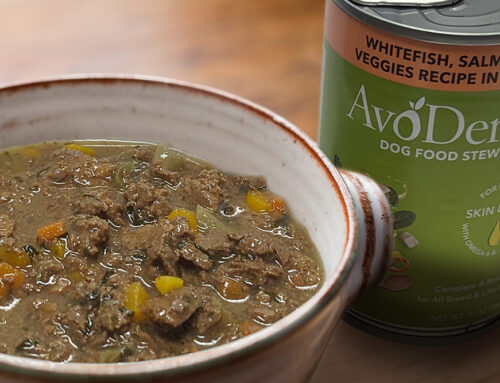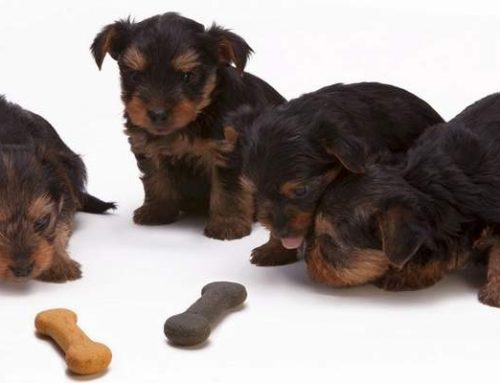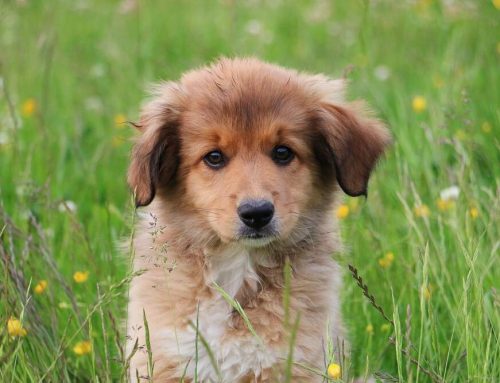Nothing goes together like a dog and a bone. However, not all bones are created equal. In fact, some bones can be dangerous for dogs to chew. Before you give your dog just any bone to chew on, make sure it is safe for him or her.
What Bones Are Safe for Dogs
When it comes to giving your dog a bone to chew on, raw bones are the way to go. There are two types of raw bones, edible and recreational. According to Dr. Karen Becker, “Edible bones are the hollow, non-weight-bearing bones of birds (typically chicken wings and chicken and turkey necks). They are soft, pliable, do not contain marrow, and can be easily crushed in a meat grinder” (Becker).
Recreational bones, on the other hand, are meant for gnawing, chewing and stimulation. They are typically made from the femur or hip bones of cattle and often have soft tissue still attached. While recreational bones do not supply significant nutrition, they are great for your dog’s oral health (Becker). Furthermore, they are a great way to keep your dog occupied.
Giving Your Dog a Chew Bone
Before giving your dog a chew dog bone, there are a few things to consider. First, you should choose a recreational bone that is the right size for your dog. A dog bone should be “large enough that he’ll strip all the meat off but not eat too much of the bone” (Scott). Additionally, you should not give a recreational bone to a dog that hasn’t eaten. Your dog should be full in order to prevent him of her from breaking the bone apart and swallowing large pieces. Lastly, you should always supervise your dog while chewing and throw away any pieces he or she can swallow.
Safe Dog Bones for Chewing
Based on the size of your dog, suitable recreational dog bones include:
- Beef neck bones
- Beef pelvis bones
- Beef knuckle bones
- Beef ribs
- Deer legs
- Deer ribs
- Pork necks
- Pork feet
Beef bones are generally the best type of recreational bones for larger breeds. Bones from smaller animals, like deer and pigs, are suitable for smaller dog breeds. Giving a small chew bone to a large dog is not advisable because it can be a swallowing risk.
Say No to Cooked Bones
You should never give your dog smoked, cooked, or dehydrated bones. Cooking bones make them more brittle, which can cause them to splinter when your dog chews them. This can result in not only serious internal and dental injuries but a serious vet bill as well.
Giving your dog a recreational bone is a great way to keep him or her entertained. It is also great for dental health. However, knowing what kind of bone is best suitable for your dog is important. With a little planning and some background information, you can be confident in selecting a bone your dog will love and be safe chewing.
Sources:
- Becker, Karen. “How to Pick the Best Bone for Your Dog.” Mercola.com, https://healthypets.mercola.com/sites/healthypets/archive/2018/05/09/best-dog-bones.aspx
- Scott, Dana. “[UPDATED] Recreational Bones For Dogs.” Dogs Naturally Magazine, 20 June 2018, https://www.dogsnaturallymagazine.com/recreational-bones-for-dogs/





